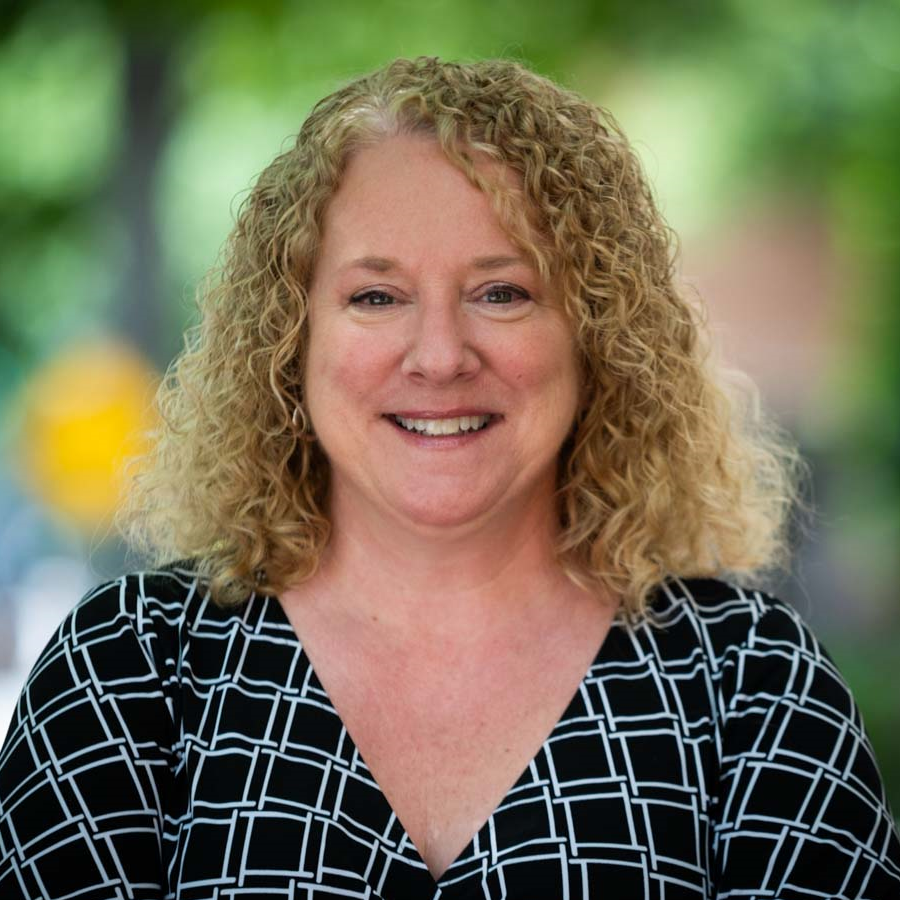Connections - 01.31.23
State Associations on the Move!
Share this page
Stay Informed on the Latest Research & Analysis from ANCOR
More News
Capitol Correspondence - 07.08.25
DOL Withdraws Rule to Phase Out Subminimum Wage Certificates
Capitol Correspondence - 07.08.25
Department of Labor Proposes Rescinding COVID-19 Provisions
Stateside Report - 07.07.25
Stateside Report: July 07, 2025


